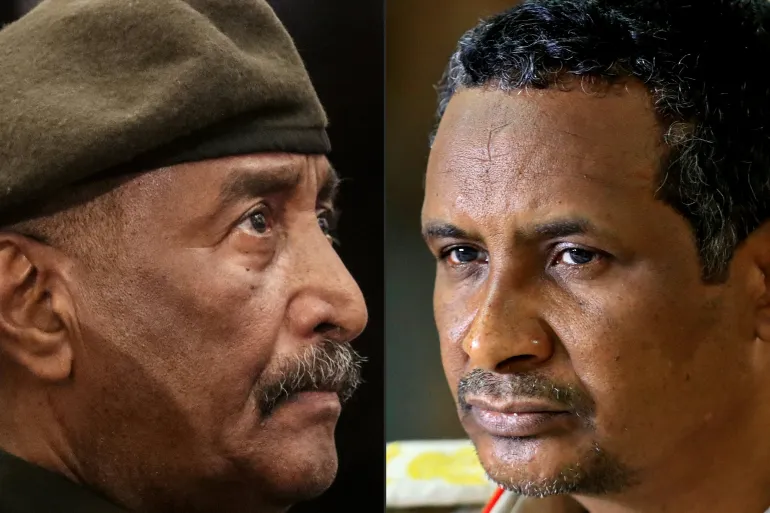The MINUSMA peacekeeping mission is struggling to carry out its duties on the ground. The work of the UN representative in Bamako is also internally criticized, with some seeing him as too conciliatory with the junta led by Colonel Assimi Goïta.
Should United Nations peacekeepers stay in Mali, even if this means not being able to work, or leave the country, at the risk of abandoning civilians and leaving them exposed to jihadist groups? At the UN headquarters in New York, the question is being asked as discussions on the future of the Multidimensional Integrated Stabilization Mission in Mali (MINUSMA) begin. The Security Council will have to decide in June whether to extend its presence in the Sahelian country.
MINUSMA was deployed in 2013 to restore state authority and protect civilians in the north of the country, but was rapidly criticized for its ineffectiveness. Since the military coups of August 2020 and May 2021 and the arrival of the military at the helm of Mali, it has been struggling to fulfill its mission. The peacekeepers face open hostility from the junta led by Colonel Assimi Goïta.
The Malian colonels are targeting the MINUSMA division responsible for investigating human rights issues and UN personnel has encountered difficulties in carrying out their duties, as recently evidenced by tensions surrounding the report of the investigation into the Moura massacre. The central Mali village was the scene of one of the worst massacres since the war began. Nearly 300 civilians were “summarily executed” between March 27 and 31, 2022, according to the non-governmental organization Human Rights Watch, which blames the Malian armed forces (FAMa) and “foreign soldiers – identified by several sources as Russians.”

